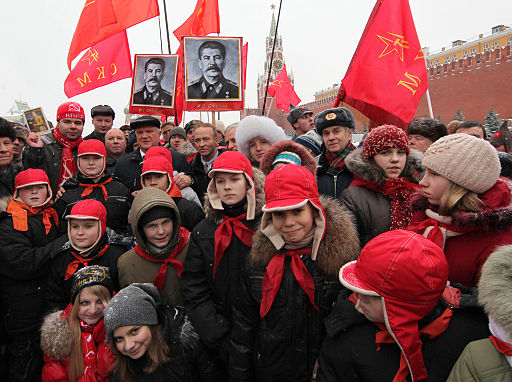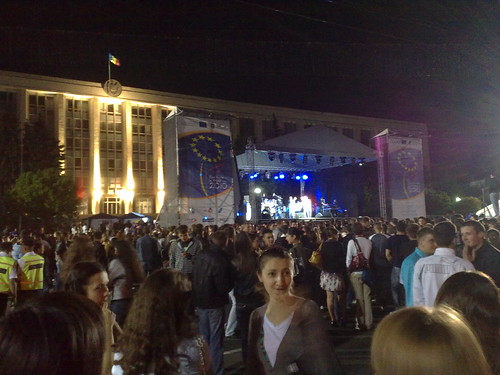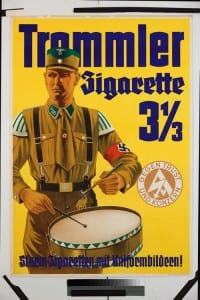Postcard to Khodorkovsky
By Sean L Hanley, on 21 October 2013
London has become home to a growing, but fractious community of political activists opposed to the Putin regime, finds Darya Malyutina.
With its long history of serving as a refuge for disaffected Russians, London today hosts a sizeable and heterogeneous Russian-speaking population.
Many of them express casual anti-Putin sentiments; some of them are more actively trying to unseat him. How effective is this activism? Is it helping to bring democratic change to Russia, or raising awareness of what is happening in Russia to the British public; perhaps, at the very least, gaining some moral authority in the eyes of Russian society, or is it just so much wishful thinking and hot air?
In the autumn of 2012 Andrei Sidelnikov, the leader of London-based Russian opposition group Govorite Gromche [Speak Up], decided that, after a couple of years of organising regular rallies and various protest demonstrations, the format of their activity should be changed to ‘intellectual discussions and educational meetings.’ Some of these meetings took place in a small basement bookshop in Central London.
The meeting I attended took the form of a Skype conversation with Pavel Khodorkovsky, son of the imprisoned oligarch Mikhail Khodorkovsky. About twenty Russians gathered in the shop and listened to Pavel speaking about his father: how he has managed to write a book; how ‘Putin and his gang’ have no intention of letting him out; and how he continues to be a ‘moral leader,’ even from his prison cell. ‘What can we, Russians living in the West, do to help fight for rights and freedoms of citizens? How can we move Russia back to the democratic path of the early 1990s?’ asks Sidelnikov. ‘We understand that our actions do not have much impact,’ replies Pavel. ‘But we provide inspiration for those who are in prison; and our actions establish a moral authority. And, of course, we might be able to influence Russia’s foreign relations, because protest can be a catalyst for solving political problems….’
We could have been in the London of Alexander Herzen, in the 1850s, discussing overnight ways to make the autocratic Tsar, a liberal. ‘And maybe,’ said Sidelnikov, ‘we could send Mikhail a postcard for the New Year?’
‘He would be very pleased,’ replied Pavel. The meeting was declared closed, and the evening ended in the traditional way – the democracy fighters headed to the nearby pub. (more…)
 Close
Close









